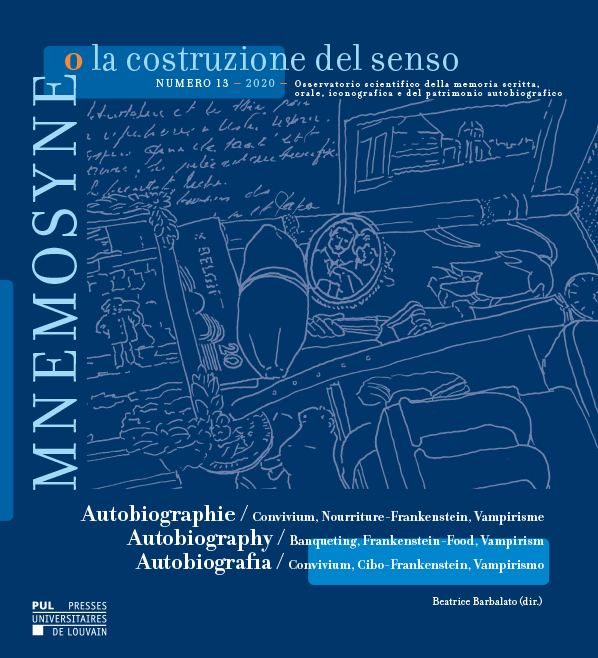Pourquoi j’ai mangé mon père, ou l’autobiographie du genre humain
Keywords:
Frazer, Freud, Cannibalism, Anthropology, EnvironmentalismAbstract
In What We Did to Father (1960), the British writer Roy Lewis traces the history of the birth of humankind, condensing it into the time frame of a life narrated in the first person. The French translation of this first title (Pourquoi j’ai mangé mon père, which would be adopted in more recent editions of the original novel), erases the suspense found in the original while trivialising cannibalism – a classic metaphor for primitivism. It even elevates it to the level of an apologetic discourse that had given birth to the autobiographical genre in modern literature initiated by Jean-Jacques Rousseau’s Confessions. This article examines the novel through the prism of comparative mythology and anthropology, and explores its current environmental implications.



